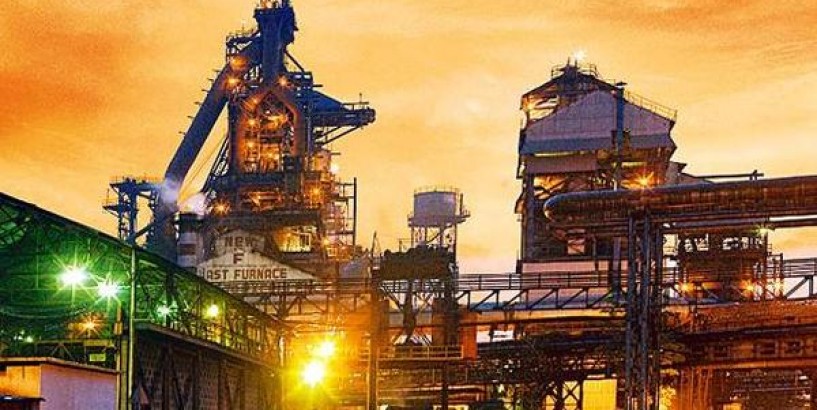MUMBAI: Another large-scale deal that would have helped Tata Steel hive off its European operations now appears to unlikely, analysts concurred after the thyssenkrupp-Tata Steel joint venture that was in the works for a year fell apart Friday.
A report by foreign brokerage firm Jefferies noted that Tata “will continue to explore all options including consolidation opportunities/portfolio restructuring, but large scale consolidation appears unlikely as while MT Ilva deal (by ArcelorMittal) went through, two recent deals, Aperam - VDM Metals and Tata-thyssenkrupp were canceled due to the European Commission’s requirement for substantial remedies. Tata would likely continue to hold majority stake in Tata Steel Europe (TSE) and likely focus on smaller asset sales/ performance improvement at TSE."
According to agreements between the two sides signed last June, Tata Steel Europe was to offload close to €2.2 billion of debt (or nearly ₹ 20,000 crore of its ₹ 1 lakh crore debt) on its balance sheet to the combined entity. The JV would have created Europe’s second-largest steel maker after ArcelorMittal, by merging the two companies’ operations in Germany, the Netherlands and the UK.
However, on Friday, both companies announced that the JV was unlikely to meet the European Commission’s anti-trust criteria and that both companies would look at other separate options for making their European operations stable.
With European steel outlook having softened given subdued demand in manufacturing led by autos, spot spreads in Europe are down US$45/tonne, the Jefferies note said. “We expect TSE margins to fall. We forecast FY20 TSE EBITDA/tonne of $51/tonne. A $10/tonne change in TSE EBITDA/tonne impacts valuation by ₹ 32." The note called for an “underperform" rating on the stock saying that the markets were ignoring falling EU spreads and a potential hit to TSE margins given expected de-consolidation of TSE from the creation of the JV, but focus on European earnings would now return.
Analysts believe that with a large-scale deal on the scale of the Tata-thyssenkrupp likely to scuppered, Tata Steel may have to look at outright sales of its assets to de-consolidate debt.
“The importance of the European business to Tata Steel is much smaller now than what it was in the past. Operations in the UK have improved while Netherlands is running stable, but the market in Europe is soft. We will focus on making the European businesses cash-positive this year," Koushik Chatterjee, executive director and chief financial officer, Tata Steel, told journalists on Friday.
Additionally, the rise in tension between the US and China on trade talks will contribute to a renewed slowdown in the systemically important regions of the global economy, not only through the trade channel but also through the impact on sentiment and risk aversion, a Moody’s report said. “We expect the tariffs to have a negative effect on most Chinese companies either by the direct impact on their exports or the indirect impact through the domestic supply chain. China adopts a deliberate policy of trade diversion in response to the US tariffs. (Hence) the export-oriented economies of Asia may be particularly exposed to the risk of global and regional trade downturns. And given the importance of both the US and China as sources of export demand and investment, export-oriented Asian economies may find it challenging to navigate between two increasingly hostile trading partners."
Globally, steel prices have been trending down because of the US-China trade conflict, because of which China has been flooding other export markets with its steel, impacting exports of global steel producers.









